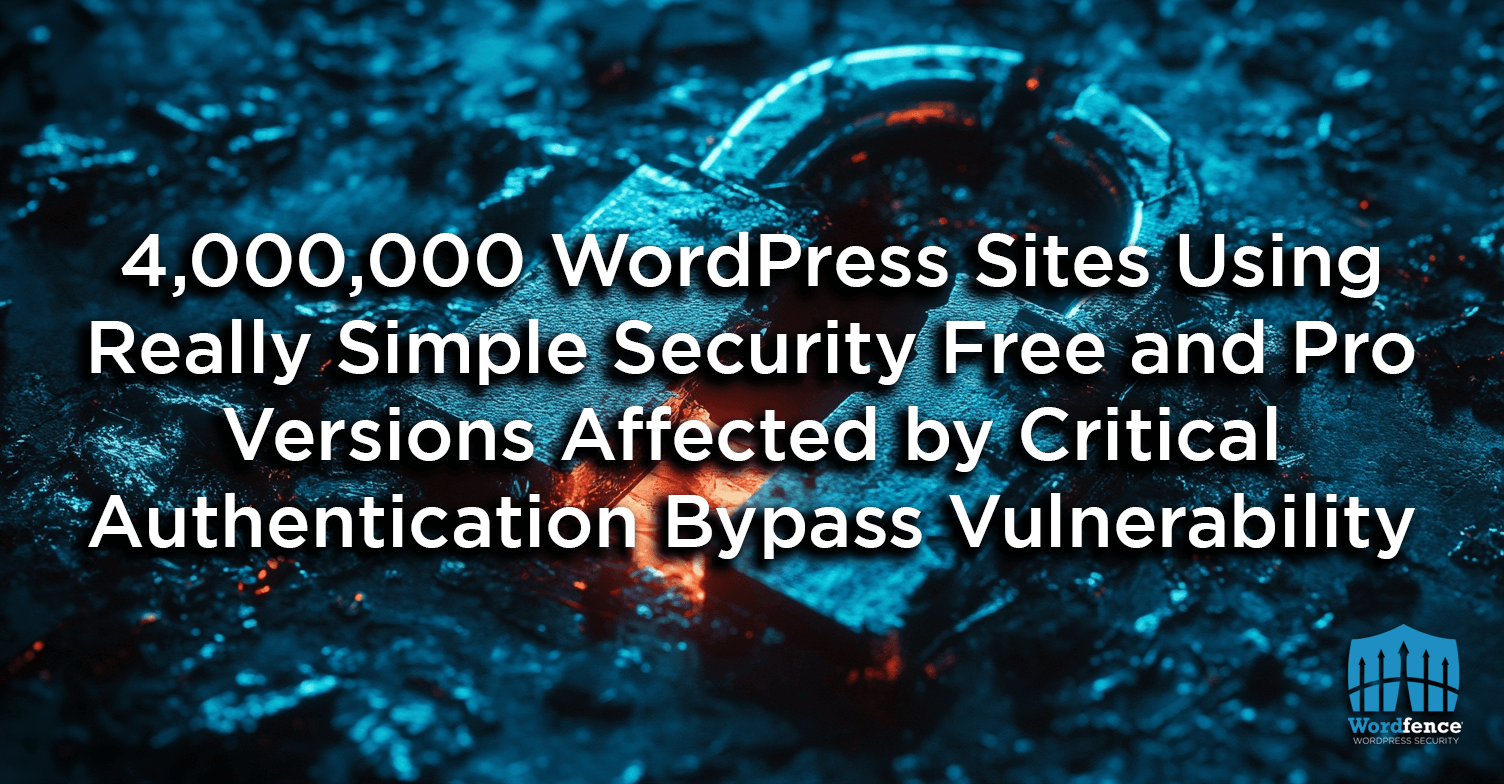The U.S. House of Representatives unanimously approved a bill aimed at enhancing cyber resilience against state-sponsored threats. This legislation, advanced by the House Homeland Security Committee, seeks to address the increasing cyber threats posed by the Chinese Communist Party (CCP) to U.S. critical infrastructure. The legislation works to ensure the security and integrity of these critical installations by establishing an interagency task force and requiring a comprehensive report on the targeting of the nation’s critical infrastructure by People’s Republic of China (PRC) state-sponsored cyber actors.
Marked H.R. 9769, the ‘Strengthening Cyber Resilience Against State-Sponsored Threats Act,’ requires the task force to provide a classified report and briefing to Congress annually for five years on its findings, conclusions, and recommendations relating to malicious CCP cyber activity.
The legislation was unanimously advanced out of the Committee in September. It was introduced by House Representative Laurel Lee, a Florida Republican; Mark E. Green, a Republican from Tennessee and chairman of the House Committee on Homeland Security; and John Moolenaar, a Republican from Michigan and chairman of the Select Committee on the Chinese Communist Party.
H.R. 9769 aims to establish an interagency task force led by the Cybersecurity and Infrastructure Security Agency (CISA) and the Federal Bureau of Investigation (FBI) to tackle the extensive cybersecurity threats posed by state-sponsored cyber actors linked to the PRC. Prominent threats include the ‘Volt Typhoon’ and the recently discovered PRC-affiliated cyber actors that targeted U.S. telecommunications providers.
“Earlier this year, the FBI confirmed Chinese hackers infiltrated American infrastructure and accessed information from systems used by the federal government. We cannot allow our foreign adversaries to continue to attack the critical infrastructure Americans rely on every day which is vital to the nation’s economy,” Rep. Laurel Lee said. “I am pleased to see my bill, the Strengthening Cyber Resilience Against State-Sponsored Threats Act, pass the House which will establish a task force and implement a focused, coordinated, and whole-of-government response to stop China’s targeting of our critical infrastructure.”
“As the Chinese Communist Party grows increasingly brazen in cyberspace, my colleagues and I took a decisive step today toward ensuring a whole-of-government response to these threat actors and bolstering our nation’s collective defense,” Chairman Green said. “From Volt Typhoon undermining our critical infrastructure to PRC cyber actors embedding into our telecommunications networks, Beijing’s espionage and pre-positioning efforts threaten the very technology that underpins Americans’ daily lives.”
Green added that the “real-world consequences for all Americans will be devastating if we don’t combat these intrusions going forward. The government and private sector must be better prepared to protect our networks. I am grateful for Representative Lee’s leadership in this effort, and I urge the Senate to send this legislation to the president’s desk without delay.”
“At our Select Committee hearing earlier this year, FBI Director Wray broke the news that the United States had uncovered state-affiliated Chinese hackers, known collectively as Volt Typhoon, who infiltrated American critical infrastructure and installed malware to unleash a cyber-attack at a time of their choosing,” Chairman Moolenaar said. “I’m proud to co-sponsor this legislation led by Rep. Laurel Lee (R-FL) that will help protect the American people.”
The passage of the legislation comes as two senators have demanded an investigation into the Pentagon’s failure to protect its phone systems from foreign espionage. The bipartisan Senators urge the Department of Defense (DoD) Inspector General to scrutinize the agency’s multibillion-dollar wireless contracts with major telecom networks, highlighting known cybersecurity vulnerabilities that jeopardize national security. The decision follows the Pentagon’s inability to protect its communications from foreign espionage, prompted by the severe ‘Salt Typhoon’ cyberattack on major telecom companies by Chinese government hackers.
The Federal Communications Commission (FCC) has announced decisive measures to mandate telecom carriers to secure their networks and strengthen U.S. communications against future cyberattacks, including those from state-sponsored actors in China. The agency will ensure telecommunication companies secure their networks.























